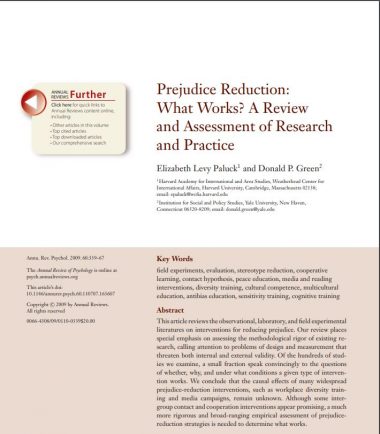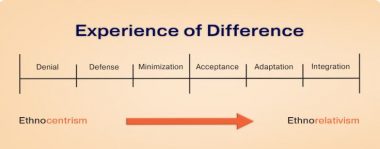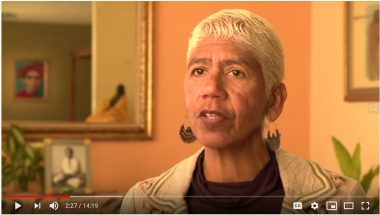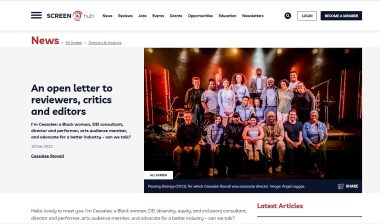Unconscious biases, aka implicit biases, are defined as attitudes that affect our thoughts, decisions and actions, while remaining beyond our conscious awareness. It is suggested that unconscious biases affect everyone, and can lead to discriminatory behaviour, such as in hiring or commissioning decisions.
However, the idea of unconscious bias should be approached with caution. Unconscious bias training has become extremely popular in recent years, but studies have shown that this kind of training does not improve structural discrimination embedded in institutional, organisational or political systems. Unconscious bias has also been used to minimise responsibility for discrimination and excuse acts of racism. Ultimately the concept of unconscious bias is only effective as a tool to describe the limitations of those with power and privilege, the real change occurs when that power is distributed more equitably.
Cultural forces are believed to affect unconscious bias. Brain studies have indicated that people living in a society saturated with stereotypes will begin to make automatic associations between the stereotypes and reality.
Tools have been developed to help reveal unconscious biases. Tools like the Harvard Implicit Association Test, while critiqued, have attempted to provide a way to measure them.







